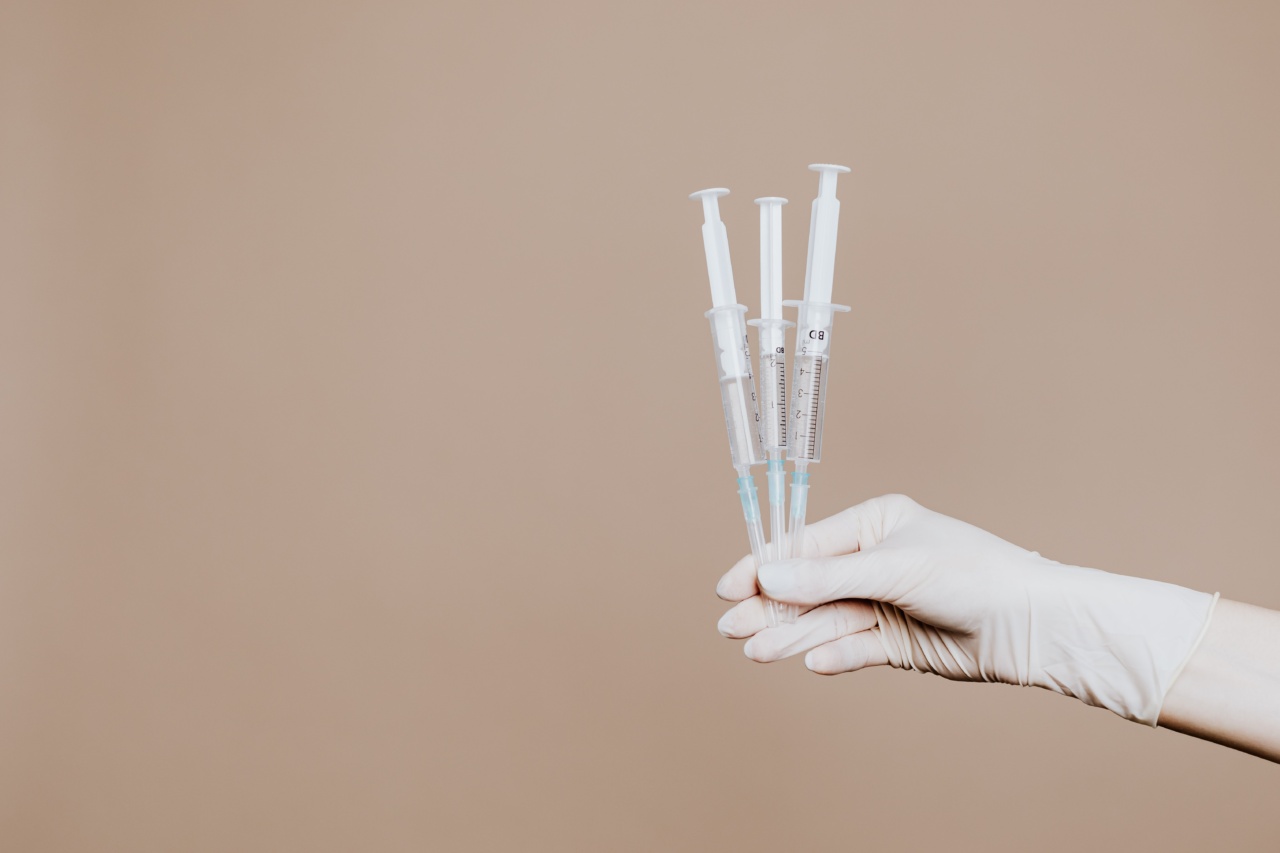Stress is a common issue in today’s fast-paced life. The stress hormones, like cortisol and adrenaline, can wreak havoc on our immune system, heart rate and blood pressure levels.
While there are many ways to manage stress, including meditation, yoga, and medication, there is an interesting new medical development that is gaining popularity: stress-reducing injections.
How Do Stress-Reducing Injections Work?
Stress-reducing injections contain a synthetic form of the hormone oxytocin. Oxytocin is commonly referred to as the “feel-good” hormone, as it elevates mood and reduces feelings of stress and anxiety.
The injections work by increasing the amount of oxytocin in the body, which can help to reduce stress levels.
Oxytocin is produced naturally in the body during times of bonding, like breastfeeding, cuddling or holding hands. It is also released during sexual activity.
Because of its effect on stress and anxiety, oxytocin has been hailed as a sort of “love hormone.”.
Who Can Benefit from Stress-Reducing Injections?
Stress-reducing injections can benefit anyone who experiences chronic stress or anxiety.
These injections are especially useful for those who have tried other stress-reduction methods without success or cannot take prescription medication due to side effects or medical conditions.
Stress-reducing injections are also being studied as a treatment for post-traumatic stress disorder (PTSD) and social anxiety disorder.
In a study conducted at Massachusetts General Hospital, researchers found that patients who received oxytocin injections had reduced anxiety and improved social interactions.
Are Stress-Reducing Injections Safe?
The use of stress-reducing injections is still relatively new and the long-term effects are not yet fully understood. However, thus far, there have been no reports of dangerous side effects from the injections.
It is important to note that stress-reducing injections should only be administered by a licensed medical professional who is trained in the use of injectable medications.
Patients should also undergo a thorough medical evaluation prior to receiving stress-reducing injections.
What is the Procedure for Stress-Reducing Injections?
The procedure for stress-reducing injections is relatively simple and similar to other types of injectable medications. Patients receive the injection via a small needle that is inserted into the muscle, usually in the arm or buttock.
The injection itself takes only a few minutes to administer.
Stress-reducing injections are typically administered in a medical office or clinic setting and patients are monitored for a short period of time after they receive the injection.
Patients may need to return for additional injections, as the effects of the injection are not permanent.
What Are the Benefits of Stress-Reducing Injections?
The benefits of stress-reducing injections are numerous. First and foremost, stress-reducing injections can provide relief from symptoms of stress and anxiety, including feelings of tension, nervousness, and worry.
Patients report feeling more relaxed and calm after receiving stress-reducing injections.
In addition to reducing stress, stress-reducing injections have been linked to other health benefits. For example, oxytocin has been shown to improve immune function, increase pain tolerance, and even help with wound healing.
What is the Cost of Stress-Reducing Injections?
Currently, stress-reducing injections are not covered by insurance, and patients must pay out of pocket for the procedure.
The cost of stress-reducing injections varies depending on the individual provider, and patients should ask about pricing and payment options before committing to the procedure.
Conclusion
Stress-reducing injections are a promising new development in the field of stress and anxiety management.
While the long-term effects are not yet fully understood, thus far, stress-reducing injections have been shown to be safe and effective in reducing stress and anxiety levels. If you suffer from chronic stress or anxiety, talk to your healthcare provider about whether stress-reducing injections may be right for you.































